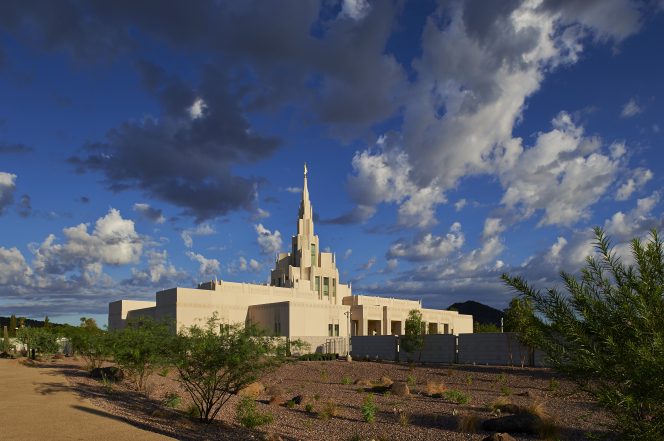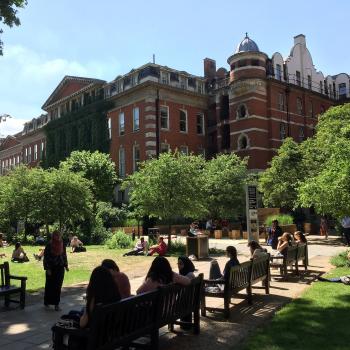
(LDS Media Library)
I’ve enjoyed the work of Stephen T. Davis, the Russell K. Pitzer Professor of Philosophy at Claremont McKenna College in California, for a long time. I’m currently reading his 2015 book After We Die: Theology, Philosophy, and the Question of Life after Death.
I’ve just finished reading his defense of the concept of hell — he identifies himself as a believing and relatively conservative Protestant Christian — and I excerpt a couple of passages from it because . . . well, because I agree with them:
[H]ell is separation from God in the sense of being cut off from the source of all love, joy, peace, and light. There is no deep or ultimate joy in hell, and I believe its denizens are miserable. To be apart from the source of love, joy, peace, and light is to live miserably.
But why are the damned in hell? As noted, I am not much attracted to the idea of retribution, although there are biblical texts that might be taken to support the idea. To put the point bluntly, I believe they are in hell because they choose to be there. People are not sent to hell, kicking and screaming, against their wills. Unfortunately, some people choose to live their lives apart from God; they harden their hearts and will continue to say no to God after death; some will doubtless do so forever. For such people, the prospect of living in the presence of God will seem worse than living apart from God. Allowing them to live forever in hell is simply God’s continuing to grant them the freedom that they experienced in this life to say yes or no to God. Nevertheless, I suspect the people in hell are deeply remorseful.
Can people both freely choose hell over heaven, knowing that they would be unable to endure heaven, but still regret the fact that they cannot happily choose heaven? Yes, I believe that this is quite possible. There are people who can carry a grudge against an enemy for years despite realizing that it would be better for all concerned if they forgave the enemy and moved on with their lives. Moreover, the evidence that we have from this life is that some people will go on denying God forever. Their hostility will grow; their hearts will grow ever harder. People in hell will surely suffer, but their suffering will be largely self-inflicted. Moreover, I suspect that they will cause each other to suffer; that is, they will inflict pain on others who are within reach.
It might be objected that the notion that some people will voluntarily choose hell might make sense initially (i.e., immediately after death) but that the idea that they will do so everlastingly does not. And it is certainly true that heaven will always be the most sensible option. But, again, I hold that people who continue voluntarily to choose hell (even if we grant that they will always be offered the option of repenting and being promoted to heaven) will not be sensible. Their hatred of God will have overcome them. (95-96)
I’ll have a bit more on Professor Davis’s view in my next relevant blog entry.
Posted from Phoenix, Arizona












